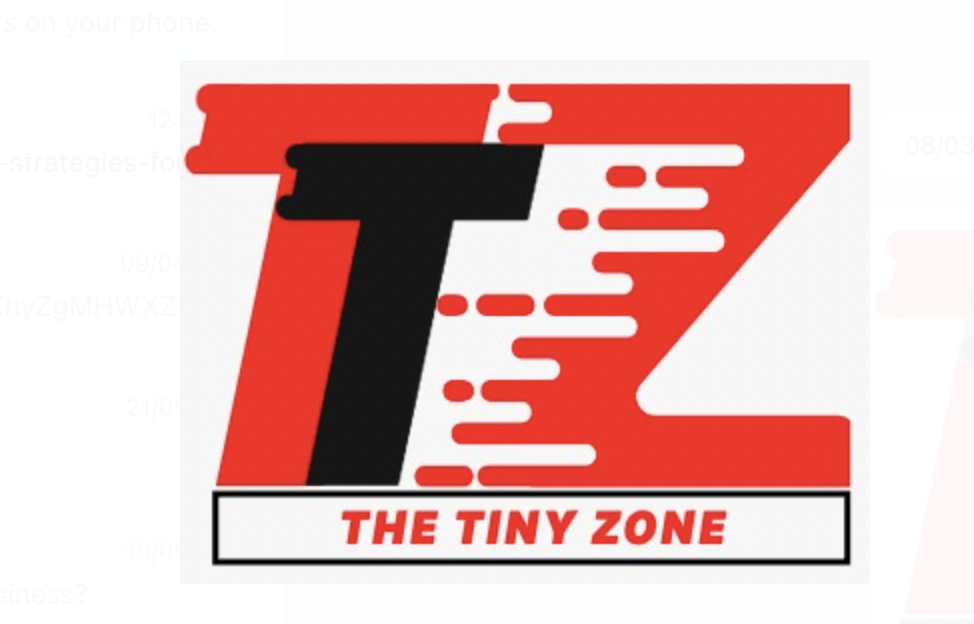Dealing with gambling addiction can be an incredibly challenging and complex journey, and when it comes to gambling addiction, the situation can be even more complicated. One significant obstacle is helping individuals who are in denial about their gambling problem. Denial is a common defense mechanism that addicts employ to shield themselves from the harsh reality of their addiction. In this article, we will explore effective strategies to support and assist gambling addicts who are in denial, promoting understanding, empathy, and recovery.
01: Educate Yourself
Before attempting to help a gambling addict in denial, it is crucial to educate yourself about gambling addiction. Understand the signs, symptoms, and consequences associated with this disorder. By familiarizing yourself with the nature of the addiction, you can approach the situation with empathy and knowledge, avoiding judgment or criticism.
02: Choose the Right Time and Place
Timing is crucial when addressing a gambling addict in denial. Select a moment when the person is relatively calm and open to having a conversation. Find a private and comfortable setting where they feel safe and secure. Avoid confrontational or accusatory language, as this can lead to defensiveness and resistance.
03: Express Concern and Observation
Approach the conversation in a non-confrontational manner, expressing your concern for their well-being. Share specific instances or observations that have led you to believe that their gambling may be problematic. Use “I” statements to convey your feelings, emphasizing that your intention is to support and help them rather than to criticize or blame.
04: Encourage Open Communication
Create a safe and judgment-free space for the individual to express their thoughts and feelings. Listen attentively and show genuine empathy. Acknowledge their emotions, frustrations, and fears, and let them know that you are there to support them unconditionally. Allow them to vent and share their experiences, fostering a sense of trust and understanding.
05: Present Evidence and Real-Life Examples
Provide factual information and concrete examples of how their gambling behavior has had negative consequences. This may include financial difficulties, strained relationships, loss of productivity, or legal issues. Presenting the reality of their situation, backed by evidence, can help break through their denial and prompt self-reflection.
06: Suggest Professional Help
Encourage the individual to seek professional assistance from therapists, counselors, or support groups specializing in gambling addiction. Highlight the benefits of seeking help, such as access to coping strategies, guidance in overcoming triggers, and the support of others who have gone through similar experiences. Assure them that seeking help is a sign of strength and determination to regain control of their life.
07: Provide Emotional Support
Throughout the recovery process, offer unwavering emotional support and reassurance. Let the person know that they are not alone and that you are there to support them every step of the way. Encourage healthy activities and hobbies that can distract from gambling urges and promote a sense of fulfillment and joy.
08: Set Boundaries
While providing support, it is essential to establish clear boundaries to protect yourself and avoid enabling their addictive behavior. Communicate these boundaries calmly and assertively, emphasizing that your support does not include condoning or participating in their gambling activities.
09: Lead by Example
Demonstrate healthy habits and responsible behavior in your own life. Show the individual that a fulfilling and enjoyable life can be achieved without relying on gambling or other destructive habits. By modeling positive choices and resilience, you can inspire them to seek healthier alternatives.
Conclusion
Helping gambling addicts, whether from casinos or online slots in denial is a delicate and challenging task that requires patience, understanding, and persistence. By approaching the situation with compassion, providing education, and encouraging open communication, you can help individuals confront their denial and take the first steps towards recovery. Remember that professional help and support networks are invaluable resources in guiding addicts towards lasting change. Together, we can make a difference in the lives of those struggling with gambling addiction, offering them hope, healing, and a path to a brighter future.


